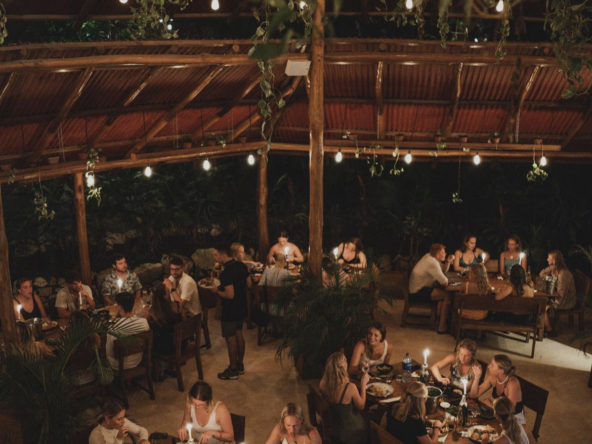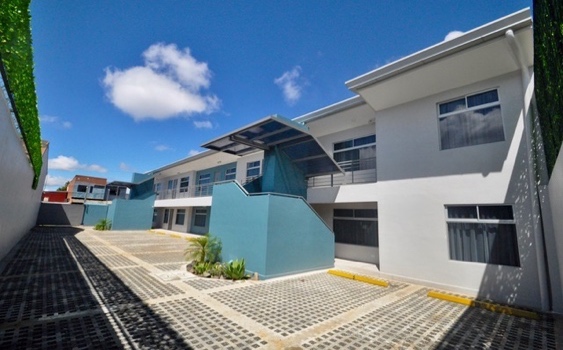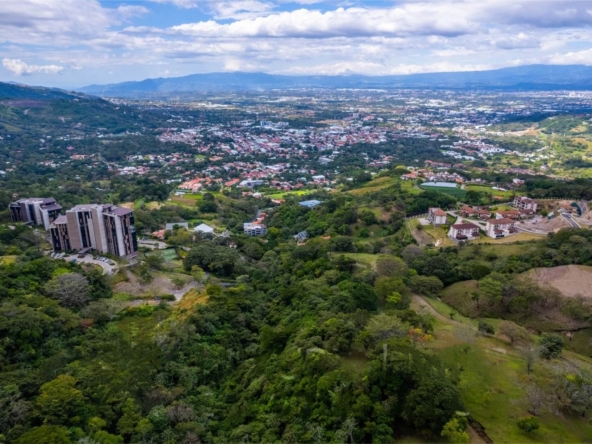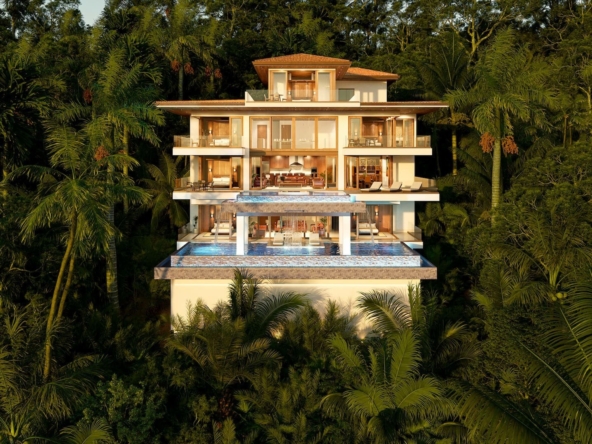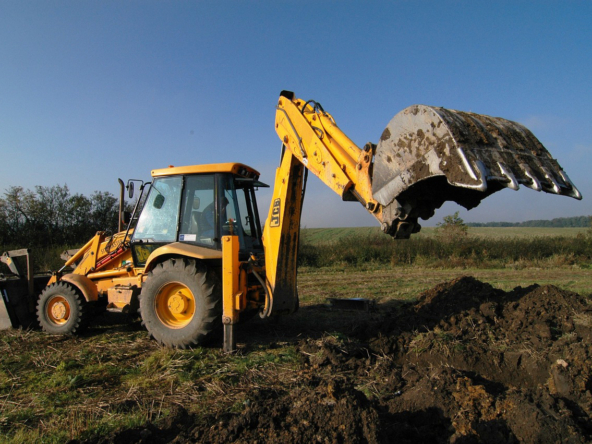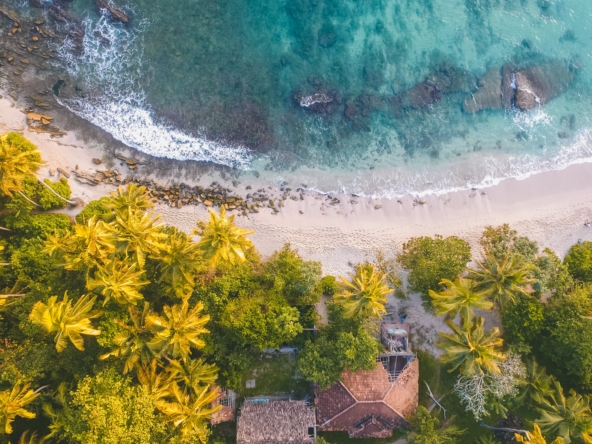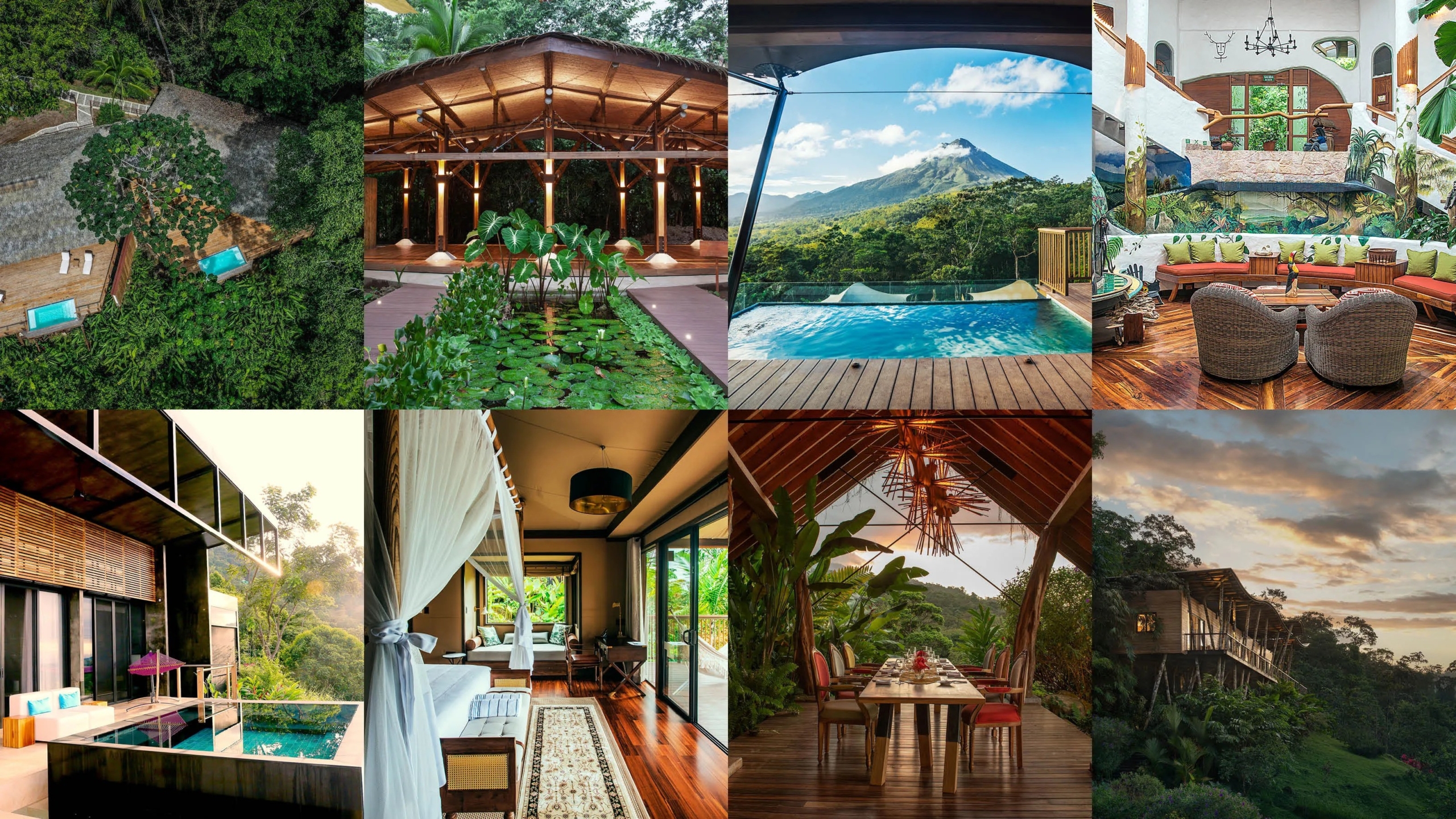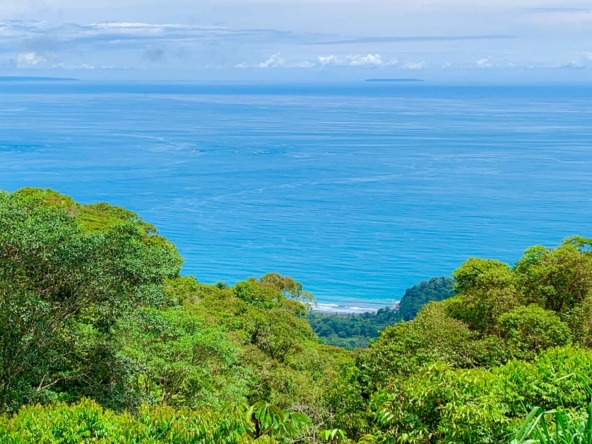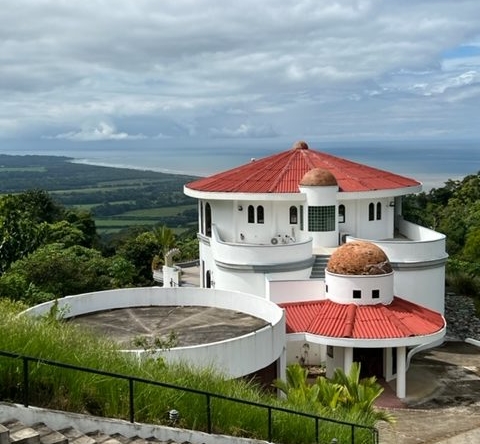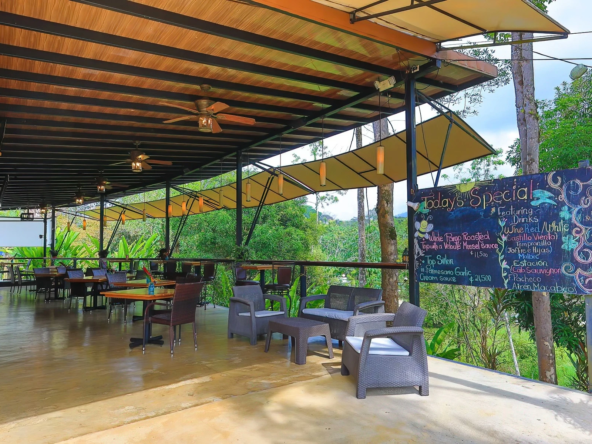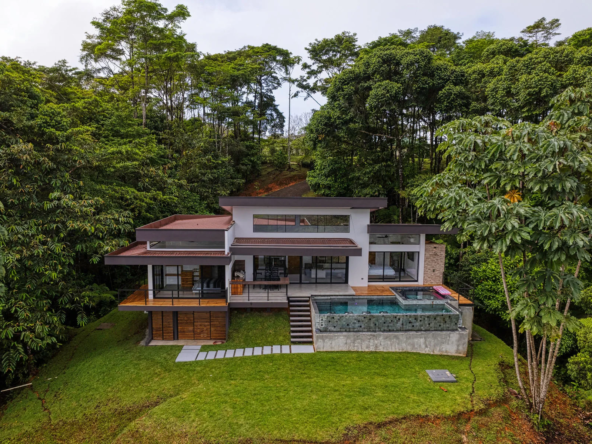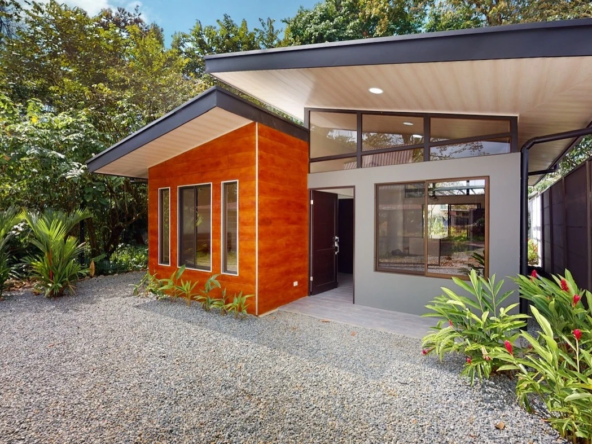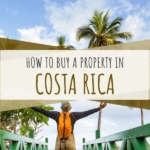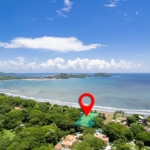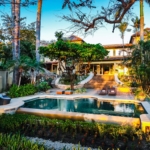Exclusive Jungle Restaurant: Luxury Expansion – Santa Teresa
- 21183 Sq Ft
Apartment Block Available for Purchase
- 6458 Sq Ft
- 11377 Sq Ft
Exclusive Property for High-End Development in Premium Area
- 31.38 Acres
Question about Real Estate in Costa Rica
Investing in Costa Rican real estate is considered safe for foreign investors. In Costa Rica, international buyers enjoy equal rights to purchase and own property as locals do. You can own property either in your name or through a Costa Rican corporation, which may be owned by a foreign entity. For more insights on investment safety, visit our Real Estate Investment Safety page.
To ensure a property’s legality in Costa Rica, check its registration in the National Public Registry of Properties. Legally registered properties have a unique Folio Real number and a Plano Catastro number. For detailed guidance, see our Property Legal Verification guide.
In Costa Rica, transaction funds over $10,000 must pass through a SUGEF-registered escrow agency, safeguarding your investment during the due diligence process. Bernard Realty recommends trusted escrow services for secure transactions. Learn more on our Escrow Services page.
In Costa Rica, real estate licensing is encouraged but not mandatory. Bernard Realty agents are licensed and adhere to standards set by Costa Rica Global Associations of Realtors, aligned with NAR standards. Discover more about our professional standards on our Agent Licensing page.
While Title Insurance isn’t common in Costa Rica, thorough property investigations by attorneys offer similar security. They trace property histories to ensure clear titles. For more information, check out our Title Investigation Services section.
Property taxes in Costa Rica are uniform across the country and notably low. The rate is generally 0.25% of the property’s registered value per annum. For instance, if you own a property with a registered value of $200,000, the annual property tax would be approximately $500. This makes Costa Rica an attractive destination for property investment. For more details on property taxation, refer to our Property Tax Overview section.
Foreigners can own beachfront property in Costa Rica under certain conditions, such as holding a concession for 20 years or owning through a corporation structure in condo developments. For detailed information, visit Beachfront Ownership Regulations.
While direct mortgages to foreigners are rare, there are alternative financing options, including owner financing or using a self-directed IRA. Explore financing options on our Property Financing page.
To live in Costa Rica full-time, legal residency is required. Temporary stays up to 180 days are allowed for most international travelers without special visas. Learn more about residency requirements on our Residency Guidelines page.
Closing costs in Costa Rica are government-regulated, usually about 4% of the property’s value. Costs include notary fees, transfer taxes, and documentary stamps. Get a detailed breakdown on our Closing Costs page.
An attorney is essential for property transactions in Costa Rica, handling due diligence and property registration. Bernard Realty can connect you with experienced attorneys. Find out more on our Legal Assistance page.
Properties in Costa Rica can be owned personally or through a Costa Rican Corporation. The latter is often recommended for non-residents. Our agents can provide detailed advice, as outlined on our Property Ownership Options page.
Real estate costs in Costa Rica vary, catering to diverse budgets and preferences. Bernard Realty offers properties ranging from affordable lots to luxury estates. Explore our listings on the Property Listings page.
HOA fees depend on the development and amenities provided. These fees cover maintenance, security, and other services. For a comprehensive overview, visit our Homeowners Association Fees page.
